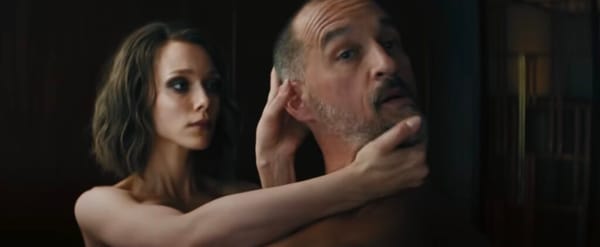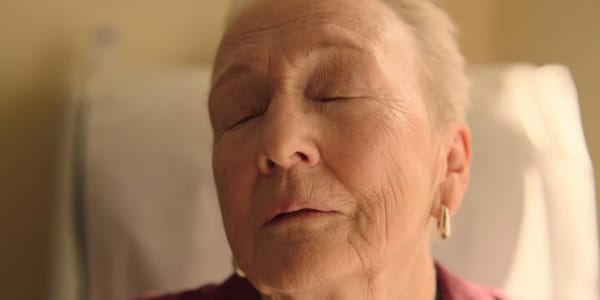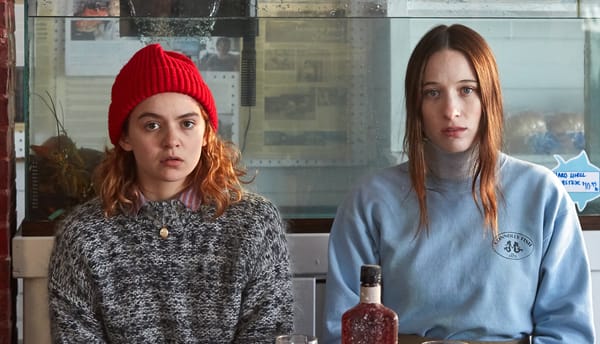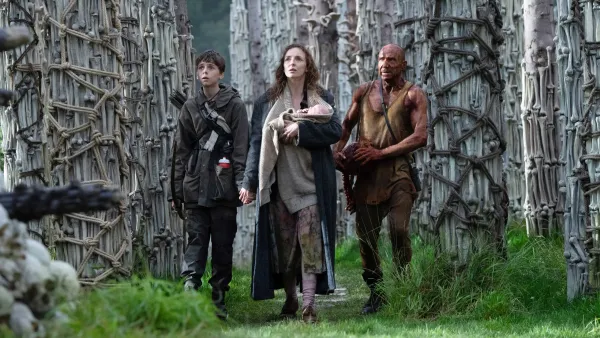IFFBoston 2022: Ten Films to See
The best fest in town starts April 27.
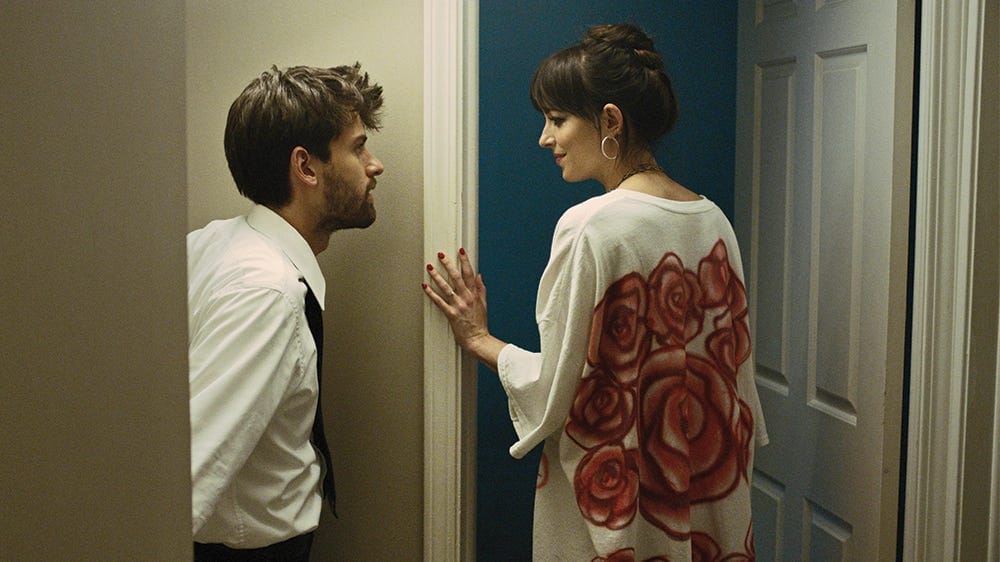
To my Boston area readers: Tickets went on sale Monday for the 20th edition of the Independent Film Festival of Boston, which will be held from April 27 through May 4 at the Somerville Theatre in Davis Square, the Brattle in Cambridge, the Coolidge Corner in Brookline, and WBUR’s CitySpace (the only IFFBoston venue that’s actually in Boston).
Every year, executive director Brian Tamm and programming director Nancy Campbell, their staff, and volunteers bring in film premieres and the best “gets” from Sundance, SXSW, and other national festivals while keeping the operation running on a budget that isn’t nearly what it should be. (Why my former employer The Boston Globe hasn’t sponsored the IFFB once in two decades is an embarrassment and a mystery – or maybe not.) There are a lot of film fests in Boston, but this is the one that counts, in terms of the intelligent curation, the high profile of the offerings, and the mission that extends throughout the year to bring good, nervy independent moviemaking – including regionally made films getting their first break – to Boston audiences ahead of their release dates.
There are 30 features and 31 short films in this year’s lineup; I’ve seen enough of them to make a few recommendations. (I haven’t seen the closing-night selection, “Marcel the Shell with Shoes On,” but if it’s as sweetly silly as the original Jenny Slate/Dean Fleischer-Camp shorts on YouTube – and advance word is that it’s better – I have no problem sending you in that direction.)

“Cha Cha Real Smooth” (April 29, Brattle) – An audience-award winner at Sundance in January, Cooper Raiff’s second feature finds the writer-director-star (above left) playing a guy stuck in a post-college funk who falls for a young mother (Dakota Johnson, above right) who’s his version of an “older woman.” Oy, it’s such a Sundance movie, but Raiff’s a filmmaker who genuinely likes people, and while that may set a few critical teeth on edge (not mine), I think moviegoers are going to take this one to heart. Terrific supporting cast. It’ll be coming to AppleTV+ in June, but you want to see it with a crowd.
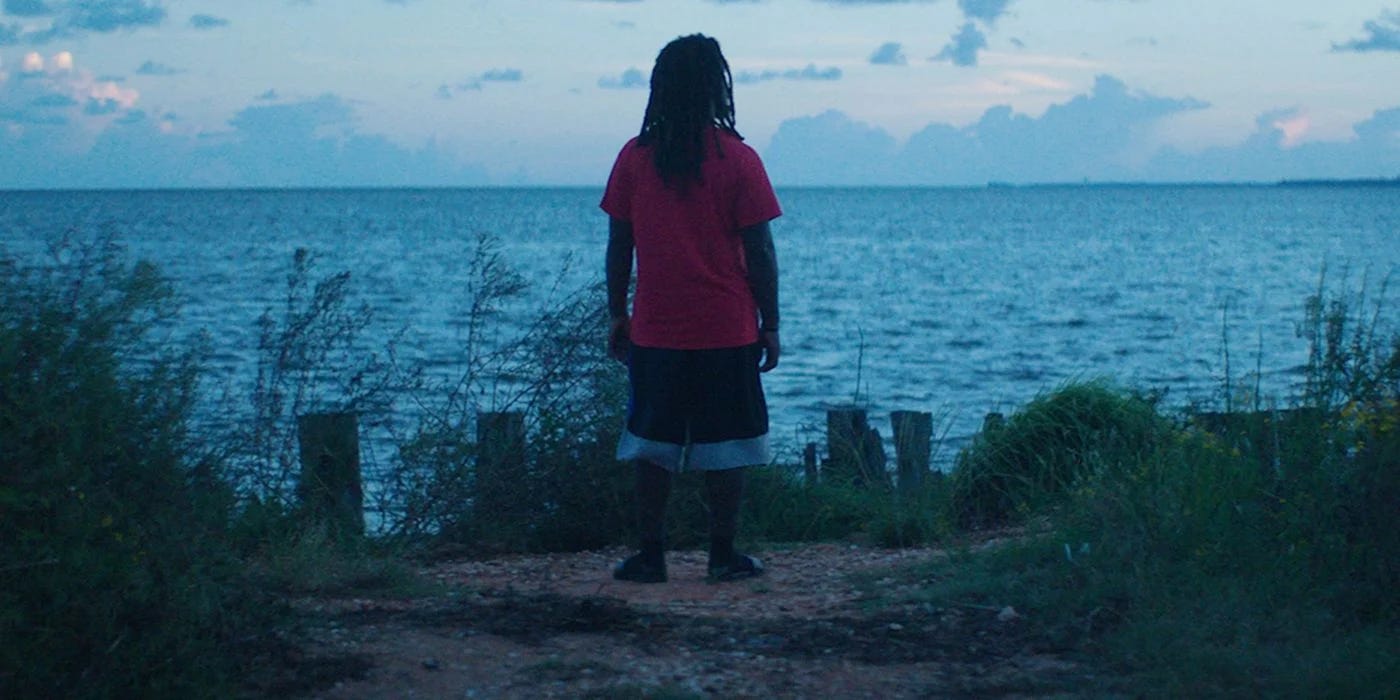
“Descendant” (April 30, Brattle) – Margaret Brown’s documentary follows the search for the submerged remains of the Clotilda, which in 1860 became the last ship to bring slaves to America, and it observes the ship’s legacy on the residents of the Africatown neighborhood in Mobile, Alabama, who are descended from those slaves. It’s a patient, inspiring portrait of a much-abused community taking history into its own hands. A Netflix pick-up, it will be on the service later this year.
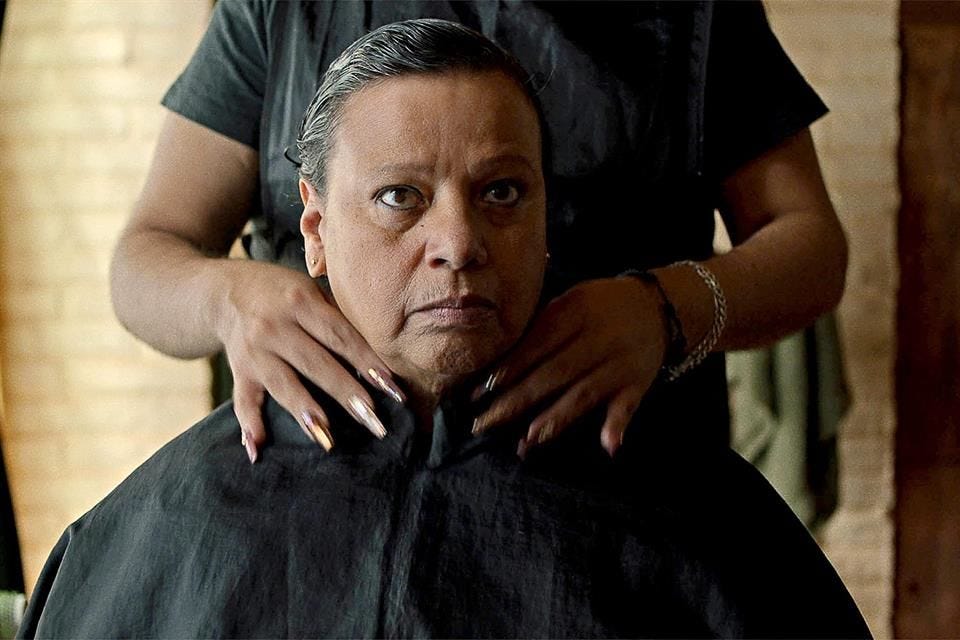
“Dos Estaciones” (May 1, Brattle) – Mexican actress Teresa Sánchez (above) is remarkable as the savvy, stoic owner of a tequila factory in the highlands of Jalisco, coping with corporate encroachment, natural disasters, and the slow cracking open of her heart. Writer-director Juan Pablo González establishes a tone somewhere between a cautionary business fable and something much older and more rooted in the earth.
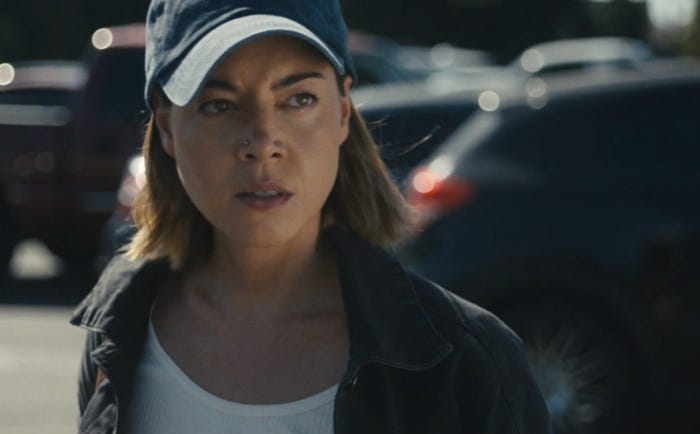
“Emily the Criminal” (April 27, Somerville) — The festival’s opening night feature stars Aubrey Plaza (above) as a Los Angeles malcontent mired in student debt and dipping a toe in illegal activities as a “dummy shopper” for a black-market ring. John Patton Ford’s suspense comedy-drama hits some pretty obvious targets, but Plaza, a glorious black cloud of an actress, embodies the resentful fury of a generation hung out to dry by the gig economy.

“Fire of Love” (April 29, Somerville) – A documentary about Katia and Maurice Krafft, the brilliant, obsessive French volcanologists who went into the molten heart of their chosen field and perished there. It’s a love story but it’s also a tale of two people who amplified each other’s penchant for risk-taking until it wasn’t whether they’d die but when. The footage of lava flows captured by their cameras is astonishing and surreal.
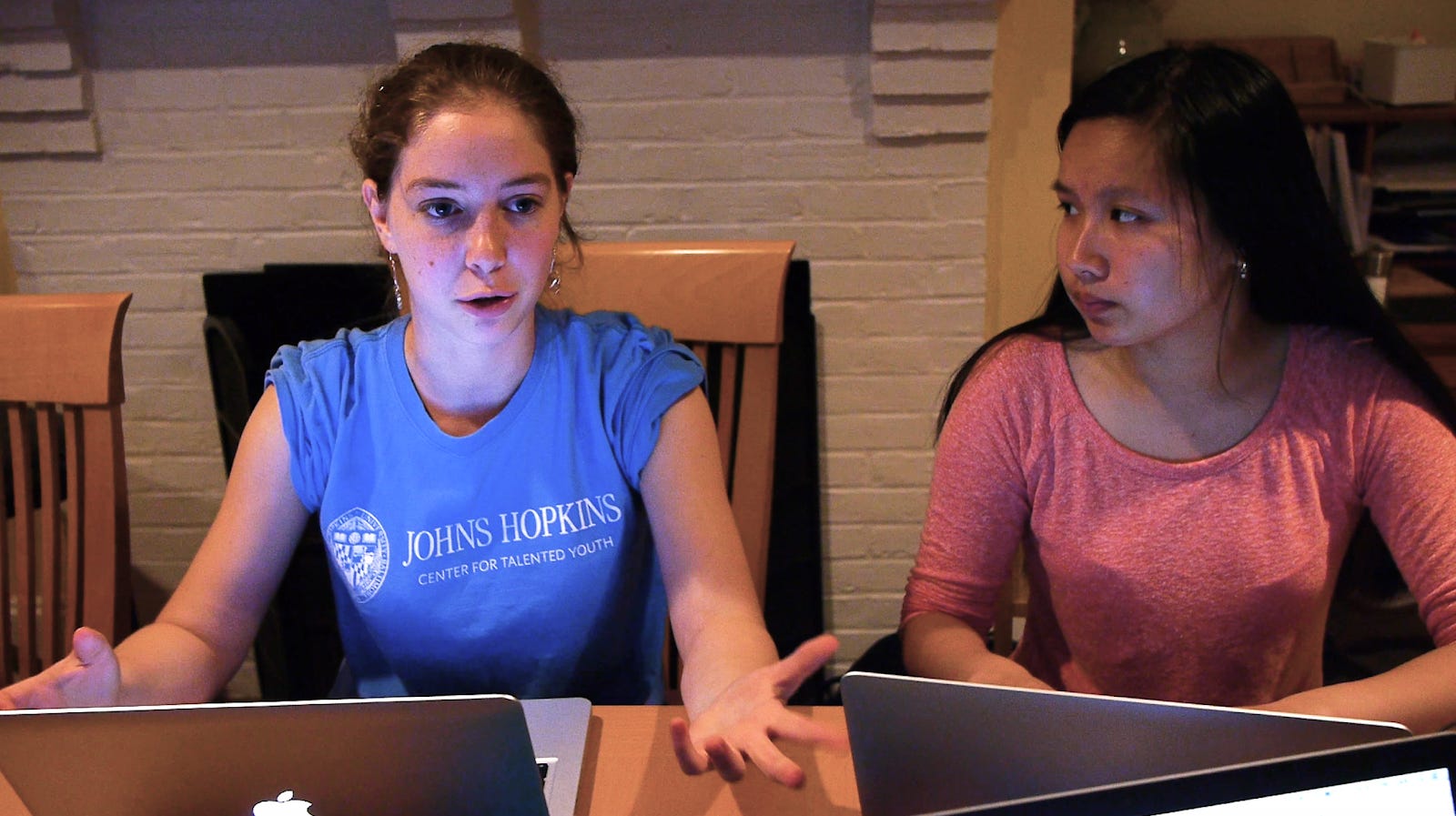
“Girl Talk” (May 1, Somerville) – Four years in the lives of the girls’ debate team of Newton South High School, in Newton, MA. I haven’t seen this, but it’s directed by Lucia Small, one of the stalwarts of the Cambridge documentary scene and a filmmaker who has turned her lens on subjects near (“My Father, the Genius,” 2002, about her architect dad) and far (“The Axe in the Attic,” 2007, about the aftermath of Hurricane Katrina). Small makes good movies. This should be no different.
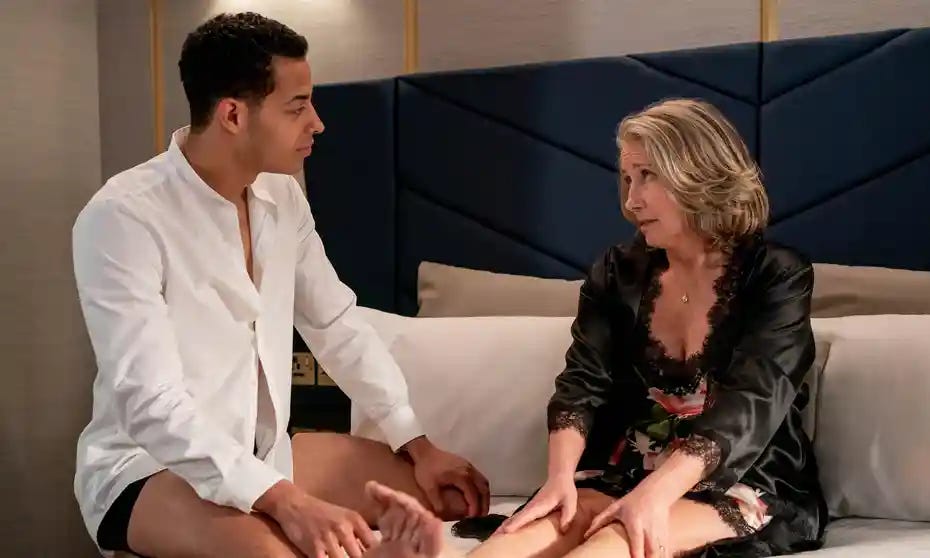
“Good Luck to You, Leo Grande” (May 2, Brattle) — One of my favorites from this year’s Sundance, it’s a simple two-hander about a sixty-something widow (Emma Thompson, above right), uptight and blue, who hires a male prostitute (Daryl McCormack, above left) as a late-life gift to herself. Clothes are shed but inhibitions prove much harder, and the couple’s meetings become dances of defensiveness and disclosure. Thompson is her usual wonderful self in a role most of her peers would shy from, and her co-star matches her every tricky step of the way.
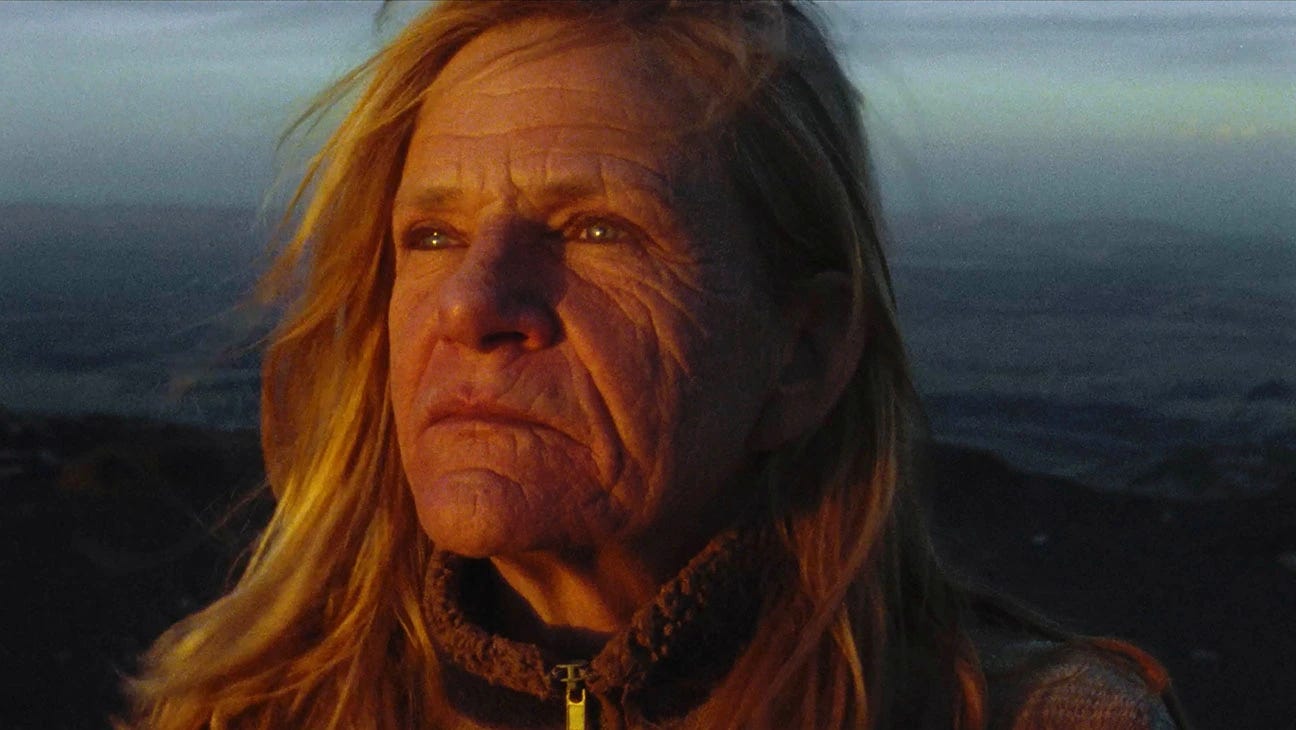
“A Love Song” (April 28, Somerville) – A very simple, almost minimalist story of a woman waiting at a backcountry campsite for a visit from her childhood sweetheart. The lover is played by Wes Studi (of “Last of the Mohicans” and “The New World”) and the woman is played by Dale Dickey, a character actress with miles of living etched into her face. The vast Southwest Colorado setting tilts this toward the universal, but Dickey keeps tilting it back to the specific.
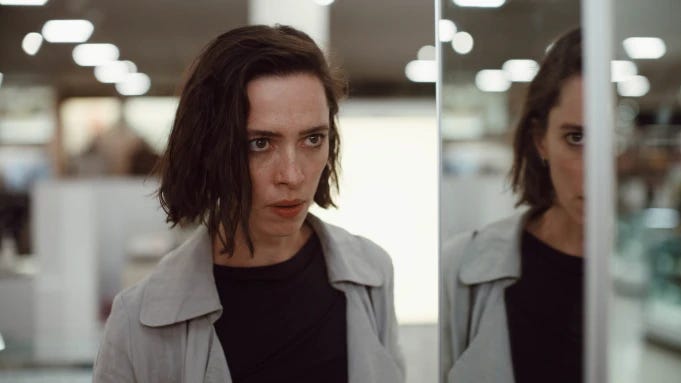
“Resurrection” (April 29, Brattle) – One of the most disturbing performances Rebecca Hall (above) has ever given, which, if you know her filmography, is saying a lot. Her character, a career woman and single mother, exerts a steely control over her life that slips when a figure from her past resurfaces, leading to frightening monomania that reminded me of Polanski’s “Repulsion.” Except that Hall’s character has good reasons for flipping out. Or does she?
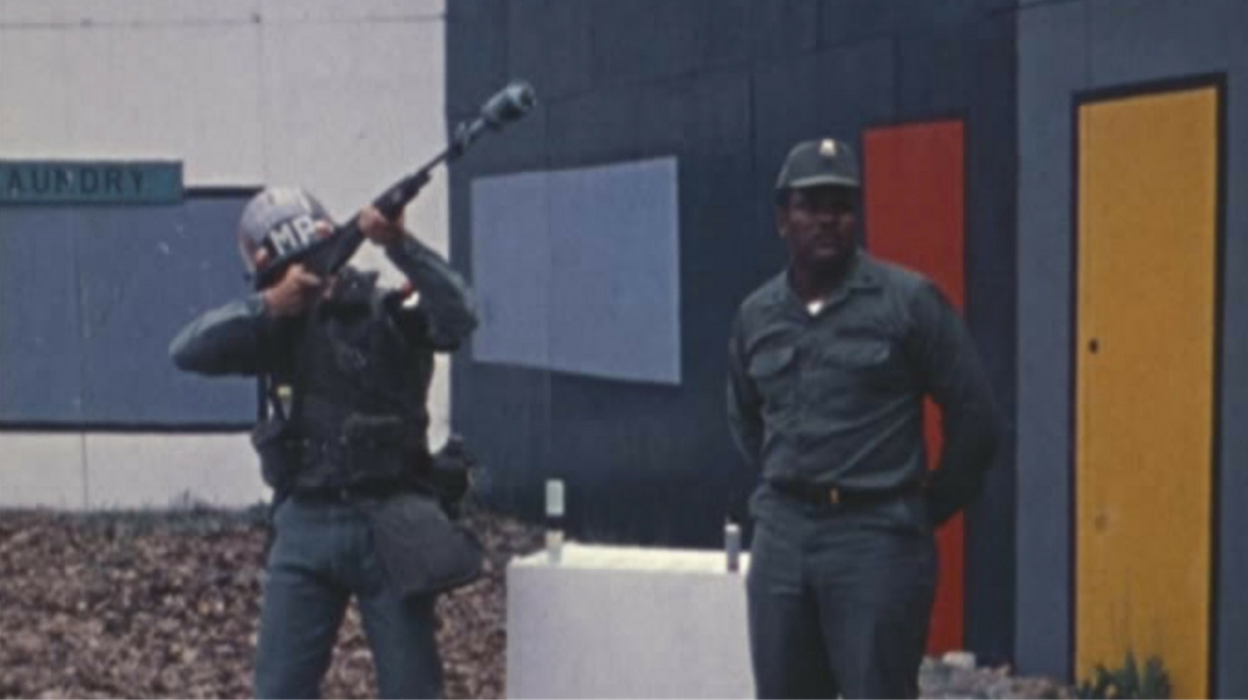
“Riotsville, U.S.A.” (April 30, Somerville) — In the 1960s, as riots tore through inner cities and protests erupted on campuses, the US Army built several model towns for the purpose of teaching local police departments how to deal with civil disorder. These fake towns were dubbed “Riotsvilles” and represent the beginning of America’s militarized police state. Filmmaker Sarah Pettingill uses the Army’s own archival footage to draw grim connections and conclusions.
With the exceptions of “Girl Talk” and “Riotsville, U.S.A.,” all of these films have distribution and will eventually find their way to commercial release, either in theaters or on demand, so if you’re not in the Boston area or can’t get to the festival, keep an eye out for them later in the year.
If you enjoyed this edition of Ty Burr’s Watch List, please feel free to share it with friends.
If you’re not a paying subscriber and would like to sign up for additional postings and to join the discussions, here’s how:
If you’re already a paying subscriber, I thank you for your generous support.


